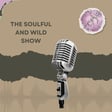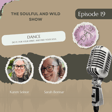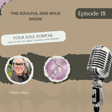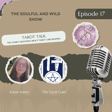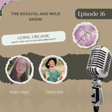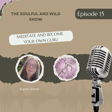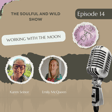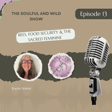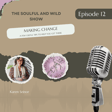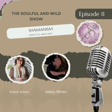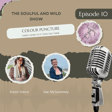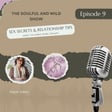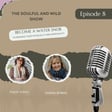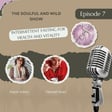
Horse Medicine - A Natural Way To Heal
An interview with Margot Smith who is a registered counsellor trained in Equine Assisted Therapy (EAT), a specialised health and wellbeing modality that includes horses and nature to help people learn, grow and heal. Margot speaks about her own journey with loss, and how her horses offered a path to healing, that she could not have imagined possible. Margot offers on farm therapeutic sessions with connection with the horses in a way that feels safe and right. She says that people from all walks of life are drawn to EAT, sometimes through curiosity initially, but she says it can really help with issues like depression, anxiety, grief, loss, trauma, mental illness, neurodivergence, addiction, relationships and general self-improvement. If you want to check out Margots offerings or talk to her personally, you can contact her via www.pegasuswellbeing.com.au
